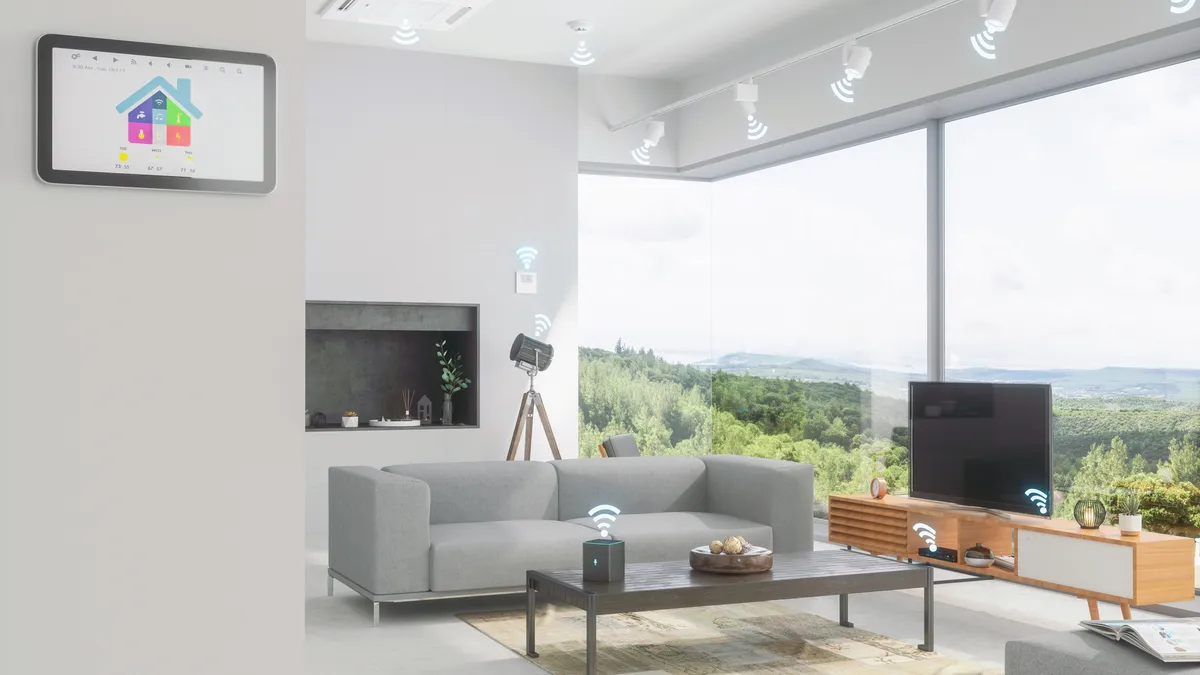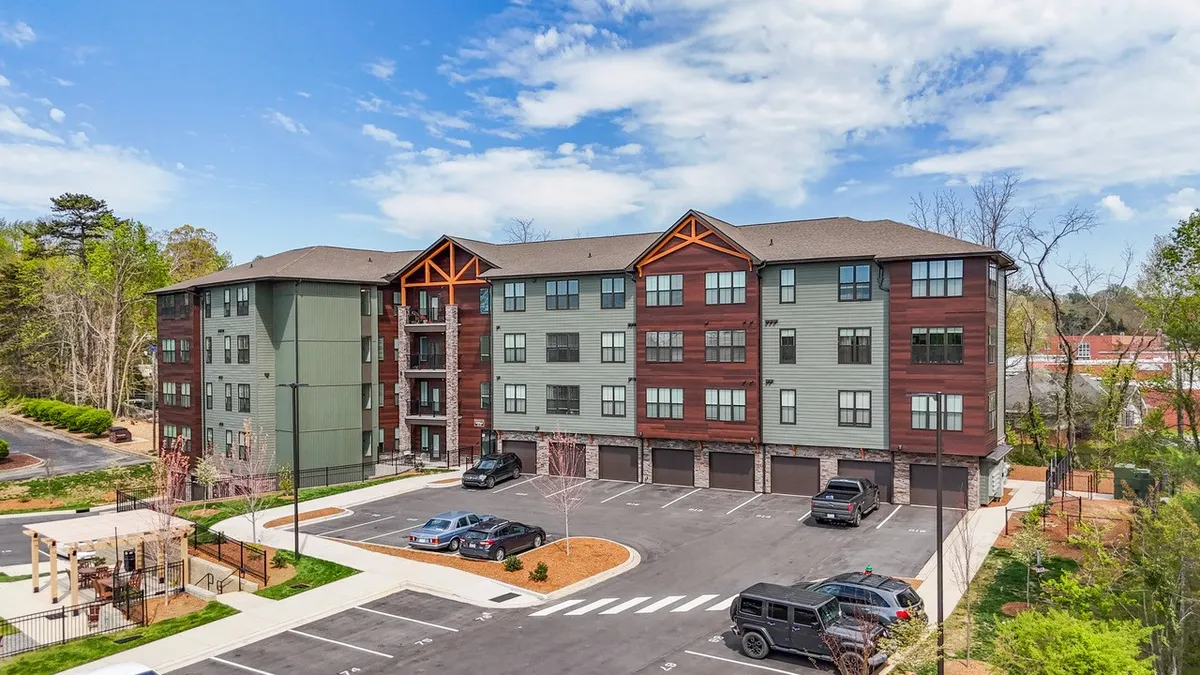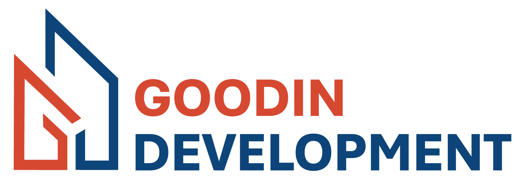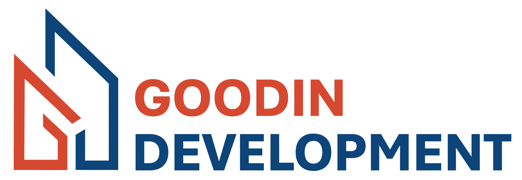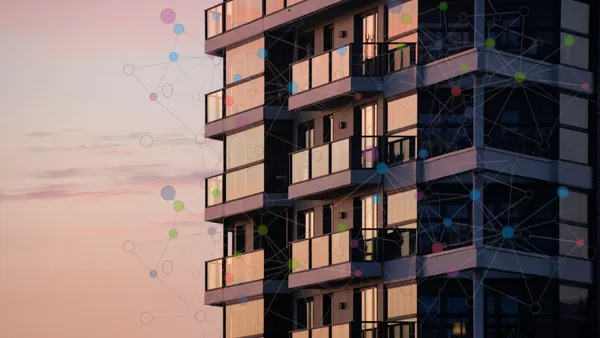Dive Brief:
- Bethesda, Maryland-based Dwellwell, a smart home technology company, has raised more than $12 million in seed funding from the state of Maryland and executives from the proptech, engineering and real estate industries.
- The product senses and alerts residential property owners and managers of issues with core property systems before system failures, such as HVAC, electrical and plumbing.
- Total multifamily operating expenses increased 2.6% from the prior year on a per unit basis, according to a 2021 National Apartment Association report.
Dive Insight:
Dwellwell can save property owners up to 25% on their annual maintenance bill, according to Dan Simpkins, CEO and co-founder of Dwellwell.
"We don't publish our specific pricing because it's very varied depending on the type of building," said Simpkins. "But in particular, our goal is to save that 25% a year on maintenance and to effectively give the operators close to a one-year breakeven in terms of their economics."
The average cost in 2021 to take care of a single family home was $4,886, according to the Thumbtack report. That’s up about $450 per household compared to 2020.
Annual operating expenses in the multifamily sector ranged from $4,354 per unit in Las Vegas to $8,461 in Los Angeles, according to the NAA report.
"We use a technology we developed called ambient inference," said Simpkins. "This sensor measures a lot of parameters, and those parameters are being measured from the ambient environment. By measuring the ambient environment, we look for changes that might indicate there's a problem."
Dwellwell provides real-time visibility into the physical condition of both occupied and vacant units for property managers who oversee residential portfolios. For example, the sensor proactively monitors the electrical system and measures temperature and air quality to make sure the HVAC is working properly.
"The beauty of this technology is that you don't need professional installation," said Simpkins. "We don't cut pipes, we don't open a circuit breaker box, we don't actually have to be inside the heat pump. We measure everything remotely."
That data remains in the residence network and does not get sent to the cloud. That's important especially as cyberattacks target the construction industry.
"If you think about some of these other IoT platforms where they actually send the data to the cloud, and then there's obviously an opportunity for hacks to access that data," said Simpkins. "We don't do that. We keep all of the resident data locally."


